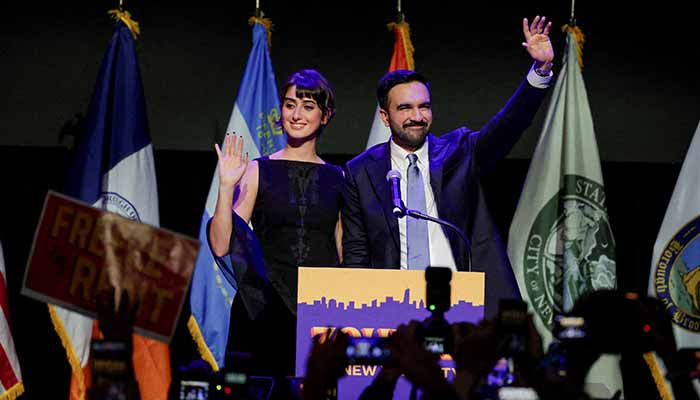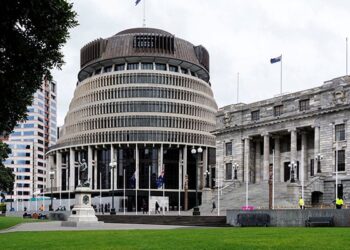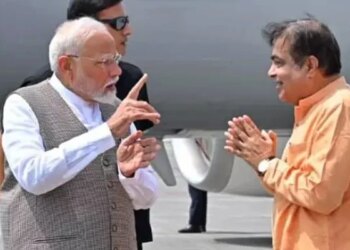Select Language:
Zohran Mamdani, the recently elected mayor of New York City, is married to Rama Duwaji, a woman of Syrian heritage. Many in Syria feel a kinship with him, almost as if he’s family. His identity as a Muslim and his support for the Palestinian cause only add to his appeal, sparking admiration and humor across the Arab world after his victory.
Karam Nachar, the editor-in-chief of Syrian independent media outlet Al Jumhuriya, shared, “Now Syrians are calling Zohran Mamdani our brother-in-law.” He added with a smile, “He thought he was marrying a Syrian woman—no, habibi, you’re part of the whole nation now.”
Duwaji, 30, is an illustrator and designer born in Texas to Syrian parents, who also spent part of her childhood in Dubai. Many Syrians eager to celebrate Mamdani’s success have embraced him as one of their own.
Abdel Karim Bakkar, a scholar from Syria with over three million Facebook followers, expressed his excitement: “I’m thrilled that the new NYC mayor is our brother-in-law, but even more so because he speaks for those who are marginalized, workers, and the poor.”
Born in Uganda and raised partly in Cape Town, Mamdani is set to become New York City’s first Muslim and socialist mayor when he assumes office in January. During his victory speech, he highlighted the city’s diversity, directly responding to former President Donald Trump’s anti-immigration stance with pride in the Big Apple’s multicultural fabric.
In a campaign video that went viral, Mamdani addressed New Yorkers in fluent Levantine Arabic, smiling as he poured mint tea. “I know what you’re thinking—maybe I look like your brother-in-law from Damascus,” he joked. He then enjoyed a slice of Palestinian knafeh, a sweet cheese pastry, as he pitched his platform to immigrant communities.
He pledged to support local entrepreneurs, help with rent payments, and assist in building their futures: “Even if I can’t convince your uncle that Nabulsi knafeh from Steinway is better than the one in New Jersey, I promise to do everything I can to help you succeed here.”
Another video showed him at a neighborhood bodega—small convenience stores often owned by Arab families—talking to a cat named Egypt and telling the shop owner in nearly perfect Egyptian Arabic that he’d secure a rent freeze for them.
For many Syrians and others in the region, Mamdani’s election has brought hope. Rami Kukhun, a humanitarian from Nablus, shared that the results have given him “a little hope,” suggesting that global attention on Palestine and Gaza might eventually lead to political changes that benefit Palestinians.
In Iran, coverage of Mamdani’s victory highlighted his Shiite background, a major branch of Islam in the country. Elsewhere, many viewed his success as an opportunity to reflect on their own political situations.
Mamdani was born in Kampala, Uganda, and grew up in Cape Town, South Africa, before moving to the United States with his Indian parents—filmmaker Mira Nair and scholar Mahmood Mamdani—and became a U.S. citizen in 2018.






